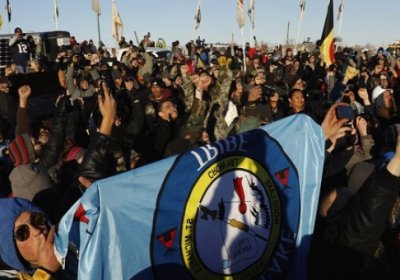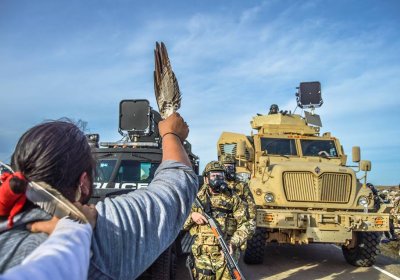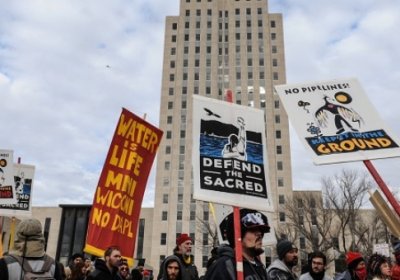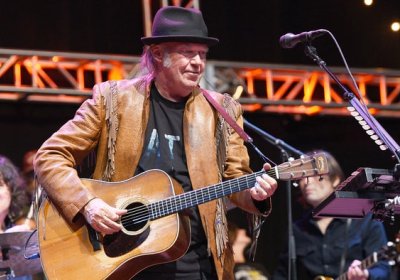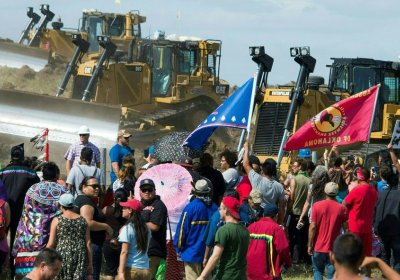In a victory for the Native American-led resistance to the destructive Dakota Access Pipeline (DAPL), last month the Obama administration denied DAPL permission to drill underneath the Missouri River in the Standing Rock Indian Reservation.
Labor for Standing Rock, a group of trade unionists supporting the anti-DAPL campaign, released the statement below on January 4.


